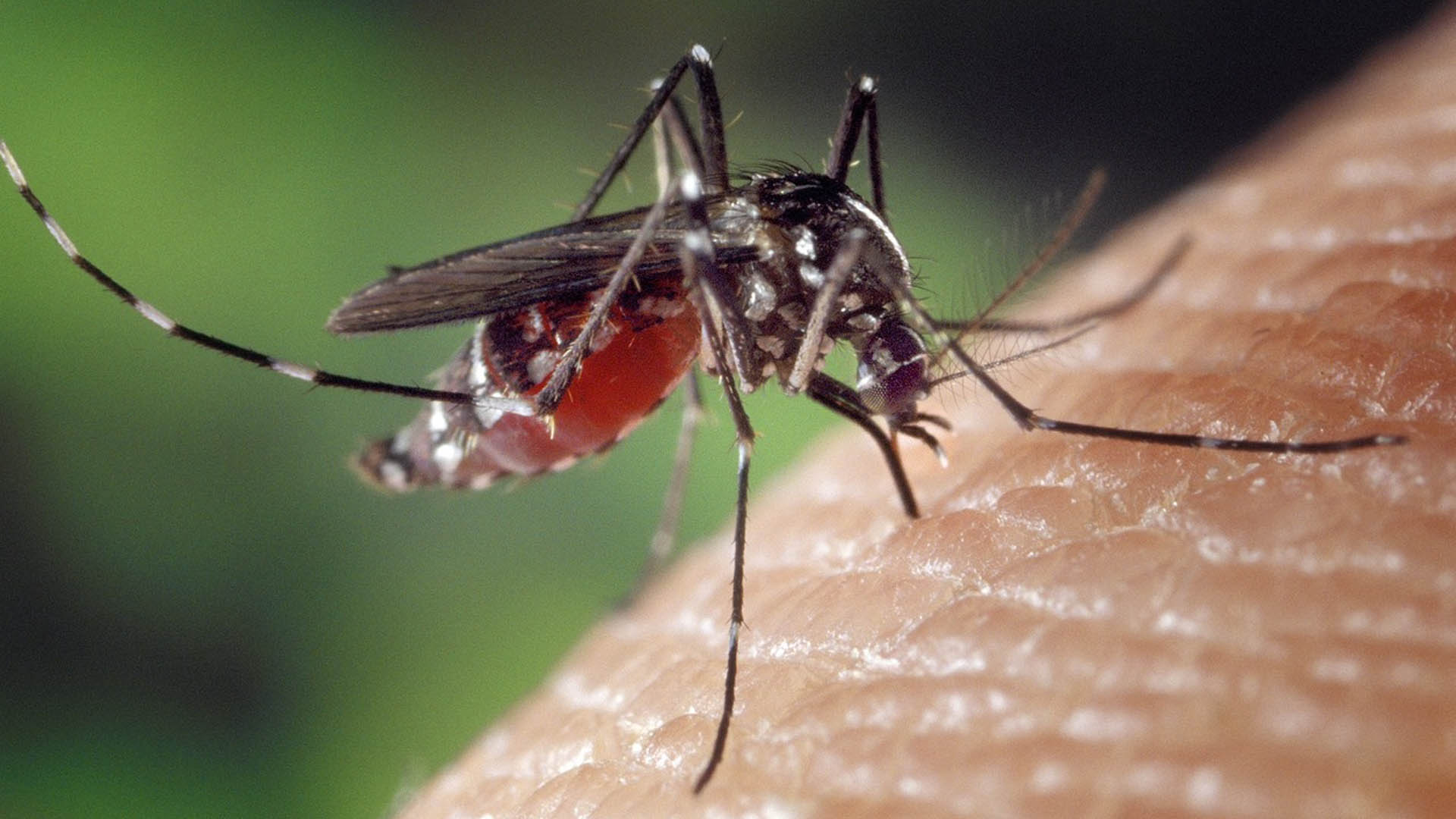Share This Article
So far, mosquitoes are known as animals that can transmit various diseases such as dengue fever, malaria and chikungunya. So is it possible that transmission of the HIV virus occurs through mosquitoes?
Some people may think mosquitoes can infect humans with HIV, the virus that can cause AIDS. But is that really true?
To find out the facts about HIV transmission through mosquitoes, let’s look at the following review.
Transmission of HIV via mosquitoes is impossible
When a mosquito bites a person with HIV and then bites another person who is still healthy. So people who are still healthy will not be infected with the HIV virus.
This is because the biology of mosquitoes, and the biology of HIV itself are different. In particular, mosquitoes cannot transmit HIV for several reasons. Here are some of them:
1. HIV cannot infect mosquitoes
HIV infects the body by attaching to receptors on the surface of immune cells. It can then infect those cells, multiply, and spread.
Meanwhile, mosquitoes do not have receptors like those in the human body. This means mosquitoes cannot be infected with HIV.
Instead, the virus will only be broken down and digested in the mosquito’s stomach. Because they cannot be infected with HIV, mosquitoes cannot transmit HIV to humans.
2. The mechanism by which mosquitoes suck human blood
The mosquito proboscis, or tool that mosquitoes use to suck blood from human skin, has two tubes. One tube is used to suck blood from humans.
Another tube is used to inject saliva into the bite. This means that only saliva, not blood (from mosquitoes or other people) enters your body when a mosquito bites you.
HIV cannot be transmitted through saliva, so it cannot be transmitted through mosquito bites.
3. One bite is not enough
HIV is actually not very contagious. It takes transmission of large amounts of the virus for someone to become infected.
Even if some HIV is still in the mosquito’s body when it bites you (not completely digested), it will not be enough to infect the HIV virus.
According to Healthline, it takes at least 10 million HIV-carrying mosquito bites to finally infect the HIV virus.
Not through mosquitoes, this is a medium for HIV transmission
HIV is transmitted through direct contact with certain body fluids from someone who has the virus. These fluids include:
- Blood
- Sperm and pre-seminal fluid or “pre-cum”
- Vaginal fluid
- breast milk
- Anal fluid
This fluid must enter the person’s body in order to contract HIV. HIV is generally transmitted through unprotected sex or sharing needles.
In some cases, a mother with HIV can transmit the virus to their child during pregnancy, childbirth, or breastfeeding. However, antiretroviral therapy can greatly reduce the risk of this occurring, and is safe to take during pregnancy.
Conclusion regarding HIV transmission through mosquitoes
There are several important factors that have proven that HIV/AIDS is not transmitted through mosquito bites. These factors are:
- The HIV/AIDS virus cannot replicate in mosquitoes, bedbugs, fleas, or other blood-sucking insects
- It is unlikely that HIV is transmitted by insects, given the low infectivity of HIV and the short survival of the virus in mosquitoes
According to the National Library of Medicine, based on experimental evidence and probability estimates, it has been concluded that the possibility of mechanical or biological transmission of HIV by insects is almost non-existent.
Take care of your and your family’s health with regular consultations with our doctor partners. Download the Good Doctor application now, click here, ya!


